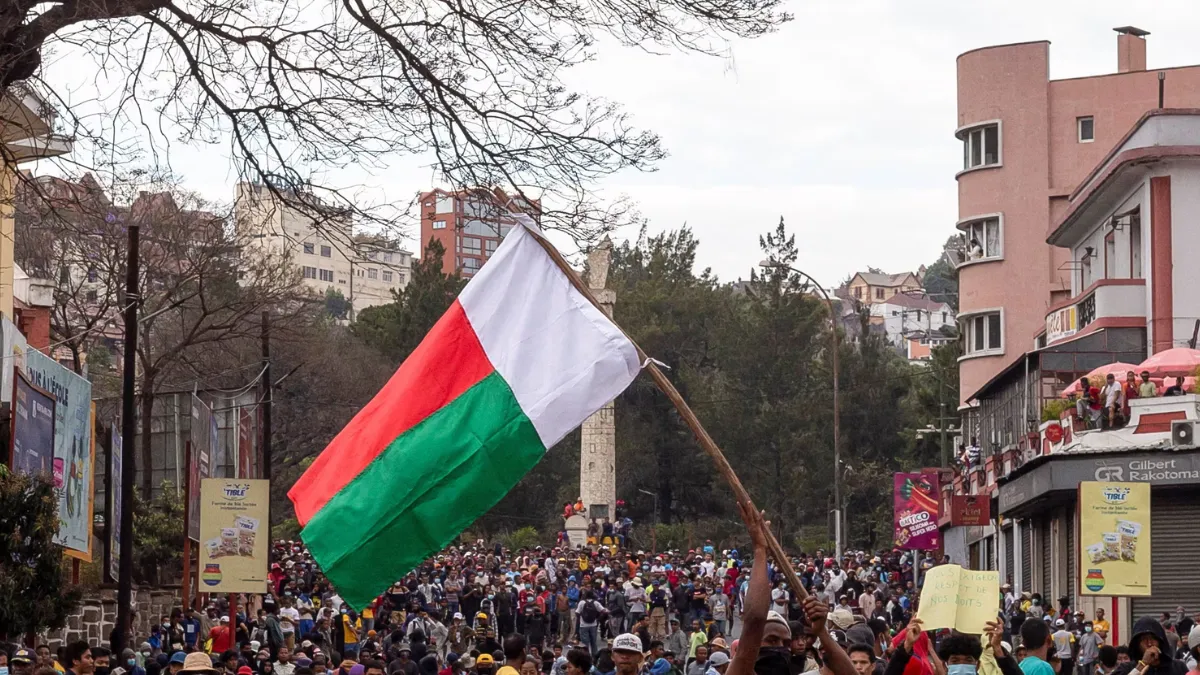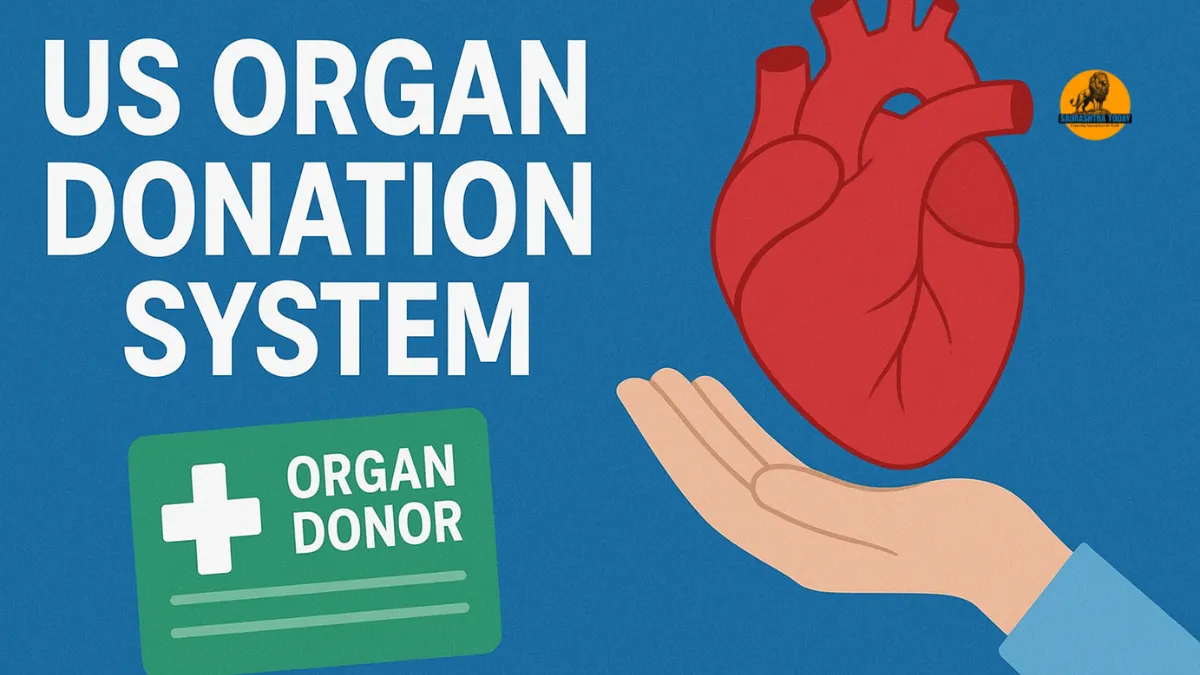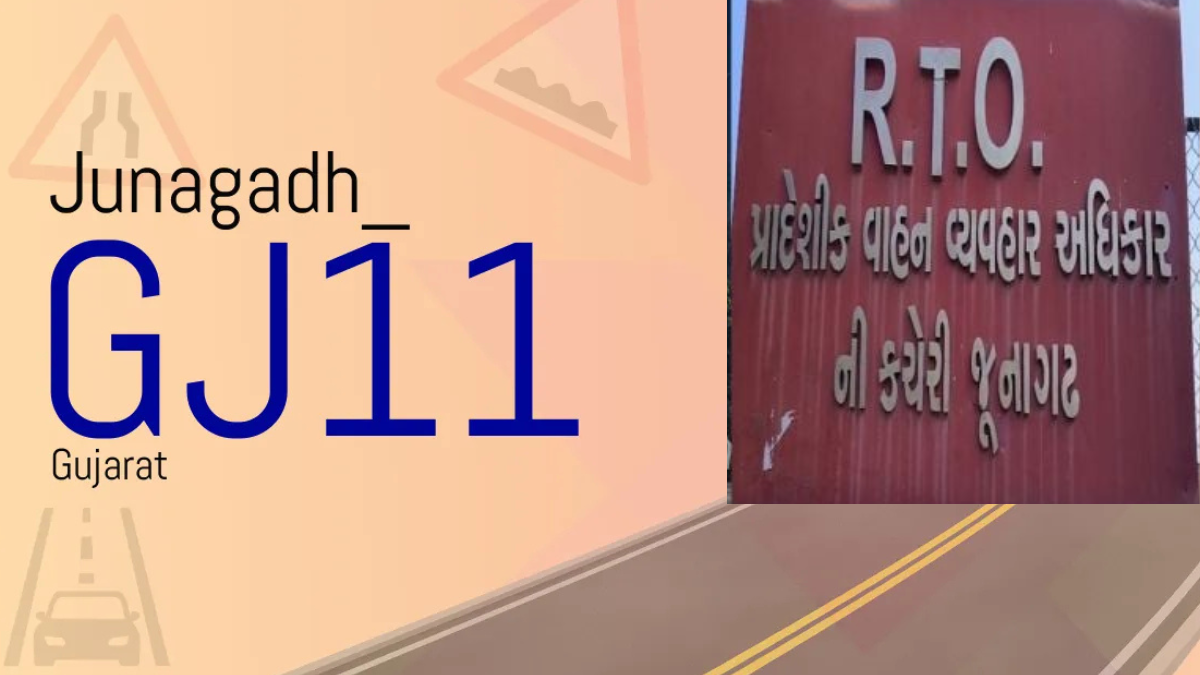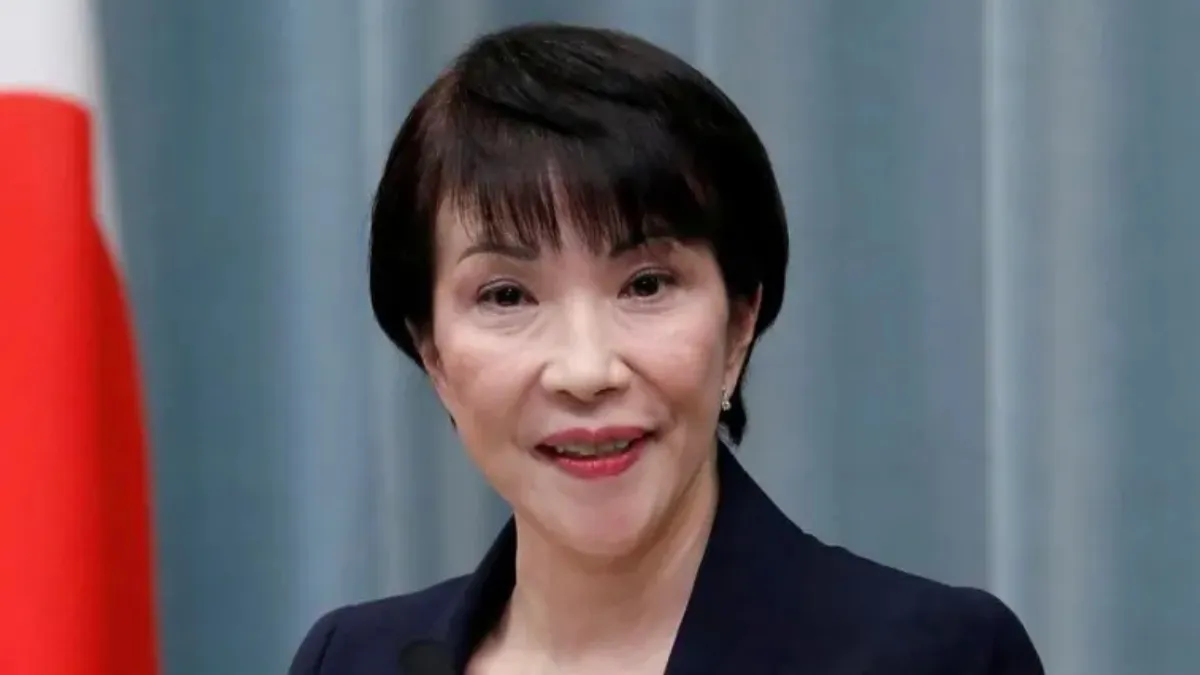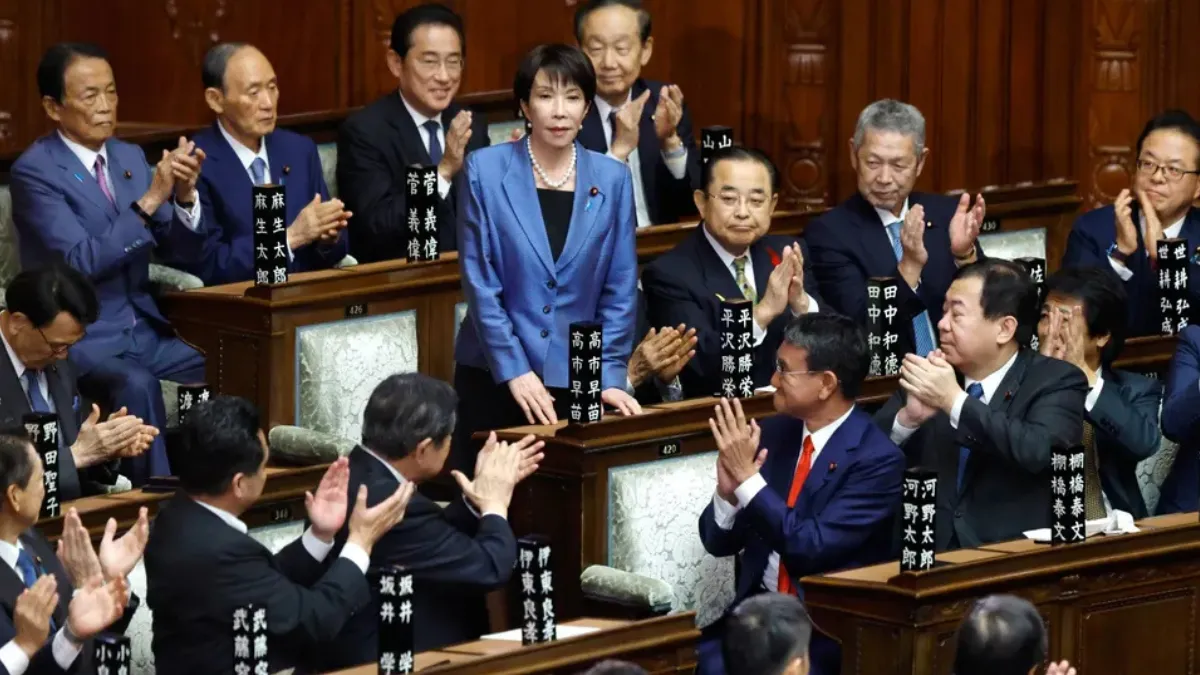A fresh wave of Gen Z protests has hit Africa after shaking Nepal and Bangladesh earlier this year. This time, it’s Madagascar where massive youth-led demonstrations have forced President Andry Rajoelina to flee the country, marking a new chapter in the growing global movement powered by Generation Z. Reports from the opposition and local authorities confirm that the President left for an undisclosed safe location following a military rebellion supporting the protesters.
President Flees After Military Revolt
President Rajoelina appeared on national television late at night, speaking from an unspecified location. He stated that a rebellion within the military compelled him to leave Madagascar for his personal safety. However, he stopped short of announcing his resignation.
The President said, “I had to move to a secure place to protect my life. Dialogue must prevail, and the constitution should be respected.”
Although he did not reveal his current whereabouts, media reports suggest that he was flown out of the country on a French military aircraft.
Weeks of Growing Gen Z-Led Protests
For several weeks, Madagascar has been witnessing youth-led anti-government demonstrations, largely organized by Gen Z activists. The protests initially started over shortages of basic necessities like water and electricity, but quickly turned into a nationwide call for political reform.
The movement escalated dramatically over the weekend when a special military unit, known as CAPSAT, joined the protesters, demanding the resignation of the President and his ministers. This open support from the military shifted the balance of power, leading Rajoelina to declare that there was an attempt to illegally seize control of the island nation.
Military Unit Declares Control
The CAPSAT unit announced that it had taken over military command. Colonel Michael Randrianarina, head of the unit, stated that the army was not attempting a coup but was merely “responding to the voice of the people.”
He said, “Our soldiers stand with the citizens. This is not a coup; this is the will of the people.”
Citizens were seen celebrating alongside soldiers in the capital, waving Madagascar’s flag and cheering armored vehicles patrolling the streets.
However, the situation remains tense, as weekend clashes between troops and loyalist forces reportedly killed one soldier and left several others injured.
Protests Leave 22 Dead, Dozens Injured
The Gen Z protest in Madagascar began on September 25. Initially peaceful, the demonstrations turned violent as security forces cracked down on the protesters. According to United Nations reports, at least 22 people have died and dozens have been injured since the movement began.
The UN has condemned the government’s “excessive use of force” against peaceful demonstrators and urged both sides to resolve the crisis through dialogue. The government, however, denied the UN’s figures, calling them “exaggerated and politically motivated.”
Inspired by Nepal and Sri Lanka Movements
Madagascar’s youth movement has drawn heavy inspiration from similar Gen Z-led protests in Nepal and Sri Lanka, where young activists used social media platforms to mobilize large crowds demanding transparency, jobs, and accountability.
In Madagascar, too, digital organizing played a crucial role. Protest leaders used social media apps and encrypted messaging groups to coordinate demonstrations and share live updates. Their slogans echoed the global frustration of Gen Z — a generation increasingly disillusioned with corruption, unemployment, and political stagnation.
Also read: UK to Roll Out New Digital ID Scheme to Simplify Government Services and Combat Illegal Working
A Nation Familiar With Political Turmoil
Madagascar’s current turmoil is not an isolated event in its history. Since gaining independence from France in 1960, the island nation has witnessed numerous political crises and coups. Interestingly, President Andry Rajoelina himself rose to power in 2009 through a military-backed movement.
He was later elected in 2018 and re-elected in 2023, but the opposition boycotted that election, calling it unfair. Recent reports suggest that some of his closest allies, including the former Prime Minister, have also fled to neighboring Mauritius, causing diplomatic friction after the private jet carrying them landed there without prior clearance.
Why the Gen Z Protest Matters
The ongoing Gen Z protest in Madagascar reflects a deeper regional pattern — young people, connected through technology and united by frustration, are no longer willing to remain silent. From Kathmandu to Antananarivo, Generation Z is emerging as a decisive political force.
Their demands are not limited to regime change but extend to better governance, access to basic services, and economic justice. Analysts believe this generation’s growing influence could redefine political culture in many developing nations, particularly where old political elites have dominated for decades.
Also read: Philippines Earthquake Today: Powerful 6.9-Magnitude Quake Rocks Central Region
A Country on Edge, A Generation on the Rise
Madagascar, an Indian Ocean island nation with a population of about 31 million, has long struggled with poverty, corruption, and weak infrastructure. The Gen Z movement has tapped into this discontent, transforming scattered grievances into a unified national outcry.
As the nation teeters between reform and instability, one thing is clear — Gen Z has become a global voice for change, capable of toppling governments and inspiring millions.
Whether President Rajoelina resigns or attempts a political comeback, the youth-led uprising in Madagascar marks a historic moment — not just for Africa, but for the world.
